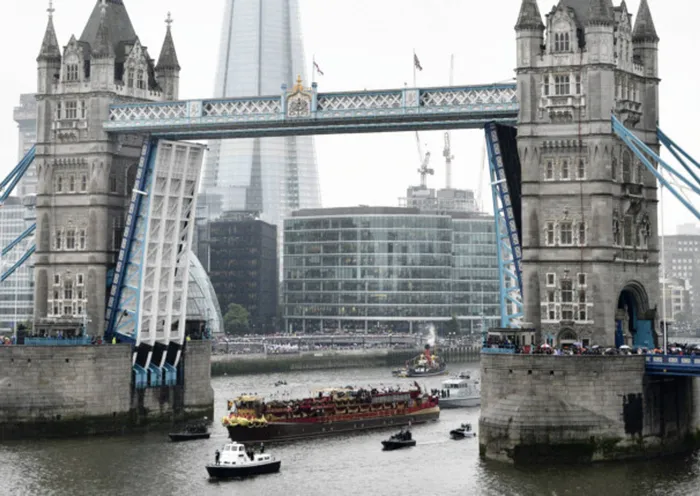High air duties set to hit global tourism

The Tower of London The Tower of London
The high air passenger duty charged by the British government is behind this week’s announcement by SAA that it is withdrawing its direct flights between Cape Town and London/ Heathrow on August 15.
The airline says the duty has caused demand to fall and made the route unprofitable.
Britain is our main source market for tourism from overseas and many Cape Town residents have family or other ties with the UK, so the news is understandably upsetting. This is particularly so since SAA’s decision to build Joburg’s OR Tambo into its international hub has already caused it to withdraw all its other international flights from our airport.
Fortunately British Airways is continuing to provide direct, nonstop flights all year round, and KLM Royal Dutch Airlines, Emirates, Qatar Airways and Turkish Airlines will provide indirect flights by way of their home airports. And in summer Virgin Atlantic Airways, German airline Lufthansa, Swiss airline Edelweiss and Air France will be back.
SAA cannot really be blamed for withdrawing the service. General manager (commercial) Theunis Potgieter says the number of passengers travelling between Cape Town and London and between Cape Town and the US by way of London, has shrunk from 650 000 to 560 000 between 2007 and last year.
Meanwhile the airline can use its fleet more profitably in meeting the growing demand for travel between this country and India, China, other Asian countries and the rest of Africa. Our national carrier is supportive of our tourism industry but it is also under constant pressure to be profitable.
The weakness of the rand against the US dollar, the euro and the British pound also pushes its costs up more than those of many other airlines. Most airline expenses are calculated in US dollars or, in some cases, euros.
The blame for falling demand for flights to the UK is clearly due to the British government’s policy of milking airlines, ignoring advice from the International Air Transport Association, the World Travel and Tourism Council, all the major British airlines and its own national tourism authority.
There are so many different airline taxes and charges, together with the fuel levies airlines themselves charge to help them meet the soaring charges for jet fuel, that it is hard for passengers to find out how much the most recent eight percent increase in the British airline passenger departure tax (apd) means. But it is a discriminatory tax, rising with the distance flown, with passengers from the southern hemisphere paying more than those travelling shorter distances.
Sharon Nash of Club Travel, however, tells me that for South African passengers it works out at an extra R1 037 for each economy class passenger, including children, and R2 166 for each business class passenger.
This, of course, is on top of the new European Union carbon trading scheme in which incoming airlines are asked to pay for units based on their emissions from the moment of take-off, which is also discriminatory, hitting airlines from the southern hemisphere hardest. The British apd tax was introduced as a measure to protect the environment by discouraging “unnecessary flying” and clearly it is indeed doing that. But the proceeds are not ringfenced for any environmental use but go straight into the British government’s income raised by taxes.
That government has also introduced a transfer tax. For years many South Africans have preferred to travel to the US by way of London, breaking their journey there rather than endure the very long flight direct to New York. But now they have to pay at least £52 (about R650) for a transit visa which, according to Potgieter, has dramatically reduced demand.
The full extent of the damage done to Britain’s tourism industry by this excessive taxation will probably be obscured this year by the fact that Queen Elizabeth’s diamond jubilee celebrations and the London Olympic Games are attracting people from all over the world, including this country, in spite of the expense.
But it is likely to become very obvious by the end of this year and the beginning of next. Meanwhile the Irish government has reduced tourist-related taxes to encourage foreign tourists. - Weekend Argus